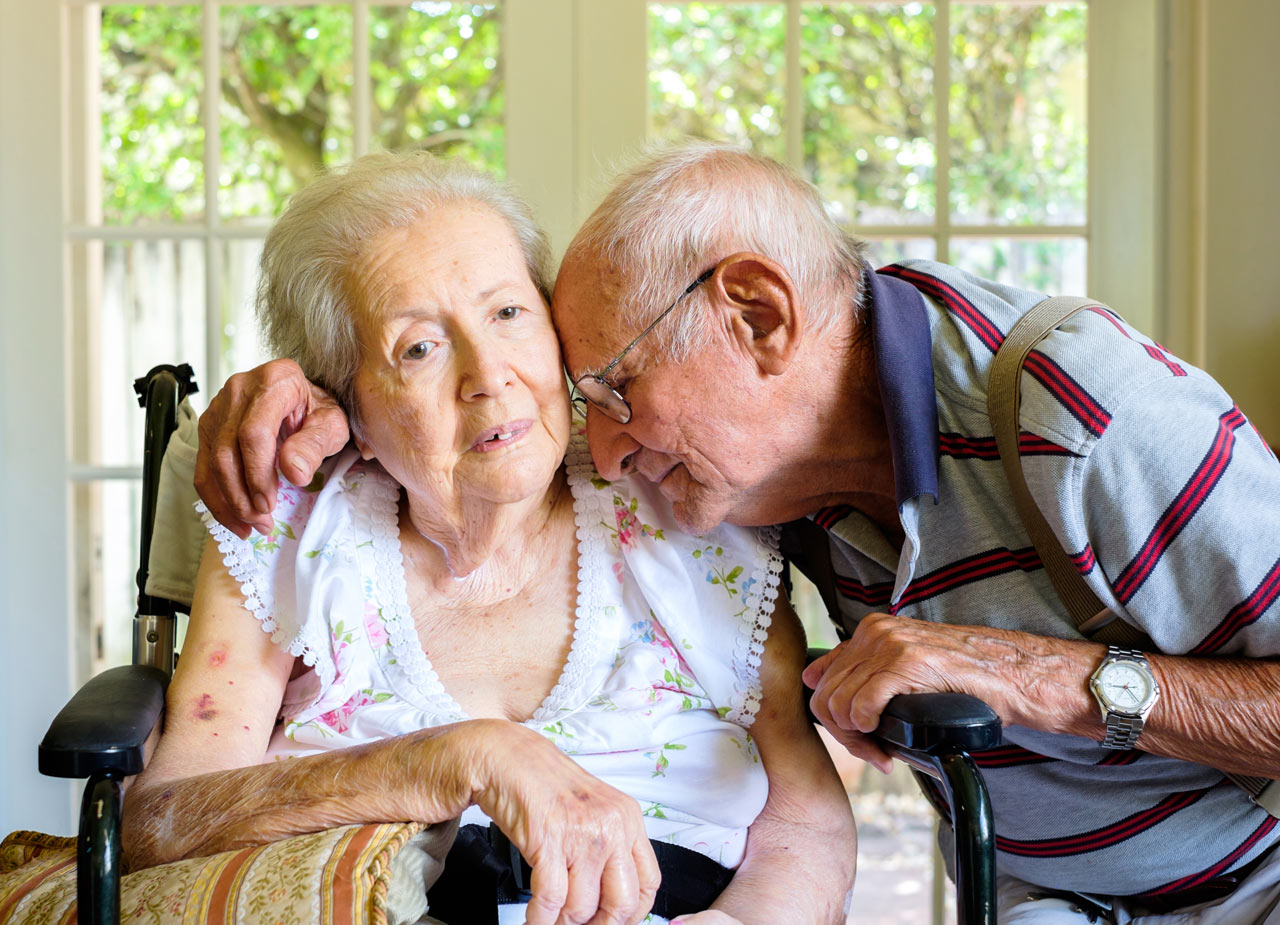How the CDPAP Program can help you stress less about your parent’s home care.
Everyone is talking about caregiver stress. The national periodicals feature stories about midlifers caught between caring for aging parents and their own children. Legislators are talking about relief through tax credits for caregiving children. Co-workers, friends, and church members are talking about it. Whenever there’s a social gathering of a group, inevitably someone stops the conversation about aging parents and says let’s talk about something else.

You need stress relief. An aspirin is not going to do it. You are the one responsible for all the paperwork, the doctor visits, the authorizations, the groceries, maintaining the living quarters, and the safety of your parent. The last is most important – it’s simply life threatening. Strangers are coming into the home on a regular basis and your mother is very vulnerable. She’s frail and cannot move quickly. You’ve installed cameras. You check all the time. You make unanticipated visits. You are in touch with the neighbors. You’re responsible and it’s very stressful.
All the articles about stress management and self-care just annoy you. You have so much on your plate that self-care, spas, retreats, and watching a movie with friends just cannot be scheduled. Your own responsibilities to yourself take your available time. You need your job and you should be doing more to advance in your career. You should be more aggressive about your own plans for your own seniority. What’s a daughter to do?
CDPAP, the Consumer Directed Personal Assistance Program is designed to give control of the home care to the senior, this in turn will reduce stress for the family of the Medicaid patient who needs long term care. And Caring Professionals has made expediting CDPAP home care even easier.

As you may know, CDPAP allows the patient or designated representative, to choose, train, and supervise the person helping the senior. You don’t have to worry about who is spending all those home care hours with your mother. It’s not a stranger because you picked her yourself, together with your mother. The fit is right. The language she speaks is familiar to your parent. She feels an obligation to the family because it’s a closer relationship than an aide with the patient the home care agency sends her to. The person doing the caregiving, the personal assistant, may not be trained in school with a certificate but she knows exactly what your mother needs because you’ve trained her and she’s committed to helping your family out. The schedule has been worked out to be mutually convenient and you can hire as much back up as need in the CDPAP program.
The personal assistant and you complete paperwork in a day or two. You can do it online and/or in your mom’s home. The PA does her medical checkups and is safe to come into the home. You are trained by video on how to manage supervisory responsibilities and how to digitally sign time sheets so that the PA gets paid. There’s always someone to talk to at Caring Professionals if you have questions. You are fully supported. Most PAs choose to get paid using direct deposit even on a daily basis should she prefer that. She’s happy and you don’t have to worry about her leaving.
Call Caring Professionals’ CDPAP hotline at 718 307 6270 and stress much less.
What is CDPAP? Find out more about CDPAP from our CDPAP Articles and CDPAP Guides
- Apply for CDPAP here
- Read Stress Less with CDPAP Home Care
- Read Seven Tips to Improve Communication with Your Parent’s Caregivers
- Learn more – A QUICK GUIDE to joining the CDPAP Program in New York
- What are the The Realities of CDPAP?
- So, You Want to be a Paid Caregiver in the CDPAP Program?
- How does CDPAP help my family?
- Would you like to find out Will I Qualify for CDPAP?
- CDPAP FAQ






